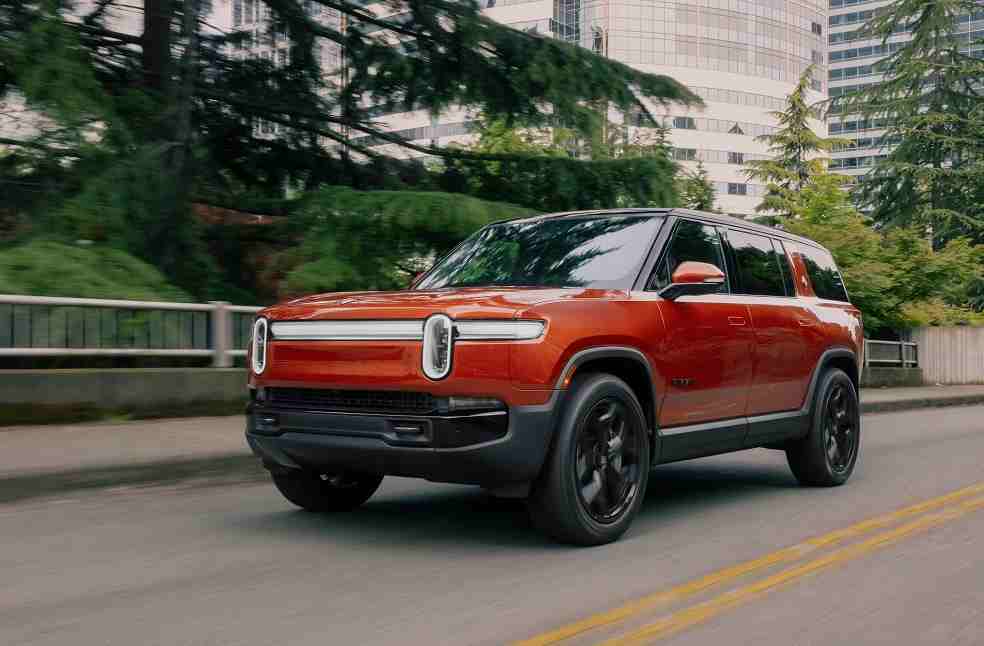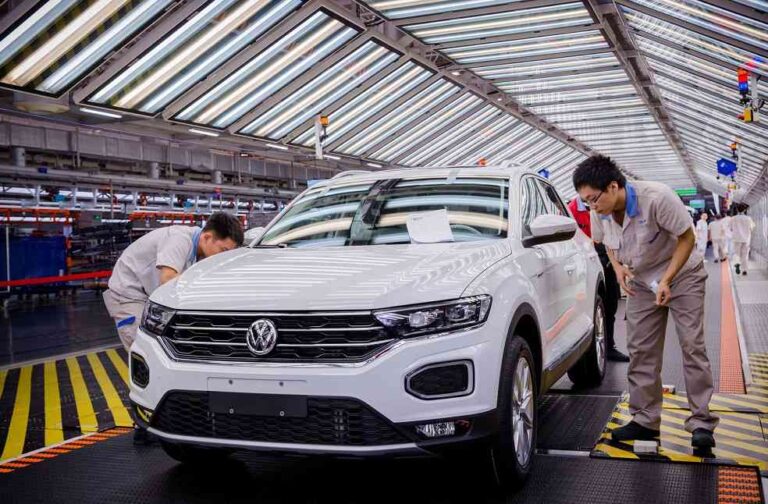Volkswagen and Rivian are deepening their joint venture in a move that broadens the scope of their collaboration beyond electric vehicles, marking a significant shift in future automotive technology development.
What began as a partnership focused on EV software and shared platforms is now expanding to include combustion-engine models, signalling a more extensive technology integration strategy between the two companies.
The expanded collaboration means Rivian’s advanced digital architecture, originally developed for its electric lineup, may soon support Volkswagen’s petrol and hybrid vehicles as well.
The company’s aim is to bridge the gap between traditional powertrains and next-generation electric systems, allowing Volkswagen to accelerate innovation across both segments.

The partnership strengthens each firm’s strategic position in a highly competitive market. Volkswagen stands to gain Rivian’s expertise in software, connectivity, and digital user experience, while Rivian benefits from the financial resources and manufacturing scale of one of the world’s largest automakers.
By sharing development costs and pooling technological strengths, the two companies aim to speed up software deployment and deliver more intelligent, digitally capable vehicles.
The joint venture’s focus now extends to advanced vehicle architecture incorporating cloud-based systems, AI-assisted driving features, energy-management tools, and improved vehicle-to-grid communication.
These developments are expected to support real-time updates, enhanced performance, and a more seamless integration between hardware and software across future models.

Volkswagen has indicated that Rivian’s digital systems could also be incorporated into its upcoming combustion-engine and hybrid vehicles, offering improved infotainment, smoother over-the-air updates, and upgraded driver assistance capabilities while retaining conventional powertrains.
Pilot models featuring technology from the JV are expected around mid-2026, beginning with select EVs and later extending to hybrid platforms.
If the initiative proves successful, it could become a notable example of how established automakers and emerging EV manufacturers collaborate to blend legacy engineering with modern software-driven innovation.
DON’T MISS | Waymo to Introduce Freeway Rides Across Three Major U.S. Cities





